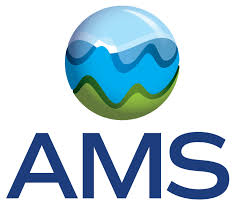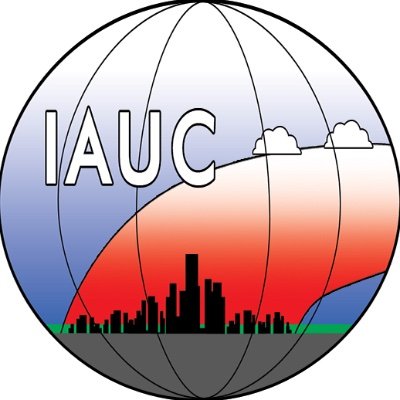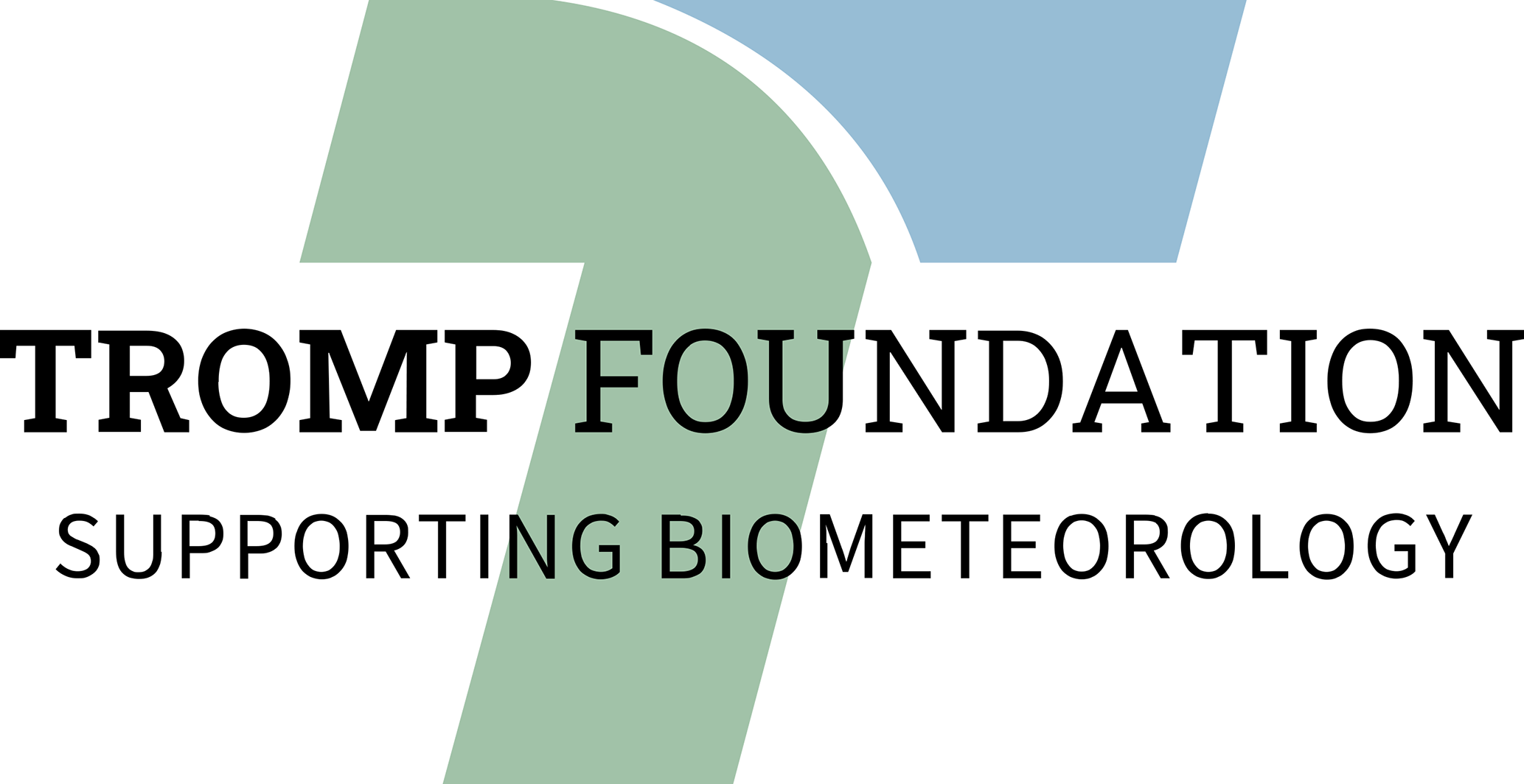Modelling Micro-scale urban climate processes
Conveners:
Srinidhi Gadde,
TC Chakraborty
|
Co-conveners:
Shiguang Miao,
Chao Yan,
Andrea Zonato,
Xuan Chen,
Caroline Walder
Orals
|
Mon, 07 Jul, 11:00–17:15 (CEST)|Room Rotterdam 1, Tue, 08 Jul, 09:00–13:00 (CEST)|Room Rotterdam 1, Wed, 09 Jul, 11:00–17:15 (CEST)|Room Rotterdam 1, Fri, 11 Jul, 09:00–12:30 (CEST)|Room Rotterdam 1
Posters
|
Attendance Mon, 07 Jul, 18:30–20:00 (CEST) | Display Mon, 07 Jul, 09:00–Tue, 08 Jul, 13:30 |Exchange Hall, Attendance Wed, 09 Jul, 17:15–18:30 (CEST) | Display Tue, 08 Jul, 13:30–Thu, 10 Jul, 13:30 |Exchange Hall
We encourage submissions on novel modelling techniques, high-resolution simulations, and experimental studies, particularly those addressing urban heat islands, urban hydrology, thermal comfort, and air quality, among other topics. Studies exploring data-driven improvements and model validation through field campaigns are also welcome. Examples of studies to be submitted to the session can be related to the advancements in CFD and LES techniques for urban environments, microscale urban heat and thermal comfort modelling, modelling of pollutant dispersion at street level, validation and integration of urban microclimates with larger scales, etc.
11:00–11:15
|
ICUC12-3
|
Onsite presentation
11:15–11:30
|
ICUC12-6
|
Onsite presentation
11:30–11:45
|
ICUC12-38
|
Onsite presentation
11:45–12:00
|
ICUC12-55
|
Onsite presentation
12:00–12:15
|
ICUC12-741
|
Onsite presentation
12:15–12:30
|
ICUC12-63
|
Onsite presentation
12:30–12:45
|
ICUC12-86
|
Onsite presentation
12:45–13:00
|
ICUC12-129
|
Onsite presentation
Lunch
Chairpersons: Andrea Zonato, Caroline Walder
14:00–14:15
|
ICUC12-132
|
Onsite presentation
14:15–14:30
|
ICUC12-144
|
Onsite presentation
Modeling the Subpixel Land-Use Dynamics and Its Influence on Urban Heat Islands: Impacts of Factors and Scale, and Population Exposure Risk
(withdrawn)
14:30–14:45
|
ICUC12-180
|
Onsite presentation
15:00–15:15
|
ICUC12-217
|
Onsite presentation
15:15–15:30
|
ICUC12-227
|
Onsite presentation
A Scalable Multi-GPU Accelerated CityFFD Solver for Whole City Urban Microclimate Simulations
(withdrawn)
Coffee break
Chairpersons: Chao Yan, Caroline Walder
16:00–16:15
|
ICUC12-228
|
Onsite presentation
16:15–16:30
|
ICUC12-230
|
Onsite presentation
16:30–16:45
|
ICUC12-259
|
Onsite presentation
16:45–17:00
|
ICUC12-299
|
Onsite presentation
17:00–17:15
|
ICUC12-343
|
Onsite presentation
09:00–09:15
|
ICUC12-354
|
Onsite presentation
09:15–09:30
|
ICUC12-369
|
Onsite presentation
09:30–09:45
|
ICUC12-396
|
Onsite presentation
09:45–10:00
|
ICUC12-397
|
Onsite presentation
10:00–10:15
|
ICUC12-419
|
Onsite presentation
10:15–10:30
|
ICUC12-422
|
Onsite presentation
Coffee break
Chairpersons: Andrea Zonato, Caroline Walder
11:00–11:15
|
ICUC12-439
|
Onsite presentation
11:15–11:30
|
ICUC12-458
|
Onsite presentation
11:30–11:45
|
ICUC12-467
|
Onsite presentation
11:45–12:00
|
ICUC12-487
|
Onsite presentation
12:00–12:15
|
ICUC12-488
|
Onsite presentation
12:15–12:30
|
ICUC12-514
|
Onsite presentation
12:30–12:45
|
ICUC12-516
|
Onsite presentation
12:45–13:00
|
ICUC12-523
|
Onsite presentation
11:00–11:15
|
ICUC12-547
|
Onsite presentation
11:15–11:30
|
ICUC12-552
|
Online presentation
11:30–11:45
|
ICUC12-553
|
Onsite presentation
11:45–12:00
|
ICUC12-561
|
Online presentation
12:15–12:30
|
ICUC12-626
|
Onsite presentation
12:30–12:45
|
ICUC12-645
|
Onsite presentation
12:45–13:00
|
ICUC12-655
|
Onsite presentation
Assessing the impact of extreme winds on a tall hospital building through multiscale numerical simulations
(withdrawn)
Lunch
Chairperson: Chao Yan
14:00–14:15
|
ICUC12-658
|
Onsite presentation
14:15–14:30
|
ICUC12-677
|
Onsite presentation
14:30–14:45
|
ICUC12-704
|
Onsite presentation
14:45–15:00
|
ICUC12-723
|
Onsite presentation
15:00–15:15
|
ICUC12-728
|
Onsite presentation
Assessing vegetation impacts in urban environments: a comparison of several numerical models
(withdrawn)
15:15–15:30
|
ICUC12-733
|
Onsite presentation
High Resolution, City-wide LES for Operational Forecasting and Intra-urban Heat Stress Assessment
(withdrawn)
Coffee break
Chairpersons: Srinidhi Gadde, Xuan Chen
16:00–16:15
|
ICUC12-745
|
Onsite presentation
16:15–16:30
|
ICUC12-748
|
Onsite presentation
16:30–16:45
|
ICUC12-749
|
Onsite presentation
16:45–17:00
|
ICUC12-750
|
Onsite presentation
17:00–17:15
|
ICUC12-766
|
Onsite presentation
09:00–09:15
|
ICUC12-778
|
Onsite presentation
09:15–09:30
|
ICUC12-784
|
Onsite presentation
09:30–09:45
|
ICUC12-790
|
Onsite presentation
09:45–10:00
|
ICUC12-805
|
Onsite presentation
10:15–10:30
|
ICUC12-864
|
Onsite presentation
Coffee break
Chairpersons: Xuan Chen, Srinidhi Gadde
11:00–11:15
|
ICUC12-935
|
Onsite presentation
11:15–11:30
|
ICUC12-937
|
Onsite presentation
11:30–11:45
|
ICUC12-944
|
Onsite presentation
Assessment of White Roof on Urban Heat Mitigation: Best Practices for ANSYS Fluent Simulations
(withdrawn)
11:45–12:00
|
ICUC12-947
|
Online presentation
12:00–12:15
|
ICUC12-1014
|
Onsite presentation
12:15–12:30
|
ICUC12-1050
|
Onsite presentation
E11
|
ICUC12-156
|
Online presentation
E16
|
ICUC12-747
A Large Eddy Simulation-Based Approach to Urban Pollution Source Identification
(withdrawn)
E18
|
ICUC12-875
|
Online presentation
Synergistic cooling effects of blue-green spaces in waterfront residential areas: A case study of Nanjing, China
(withdrawn)
E10
|
ICUC12-1047
|
Online presentation




